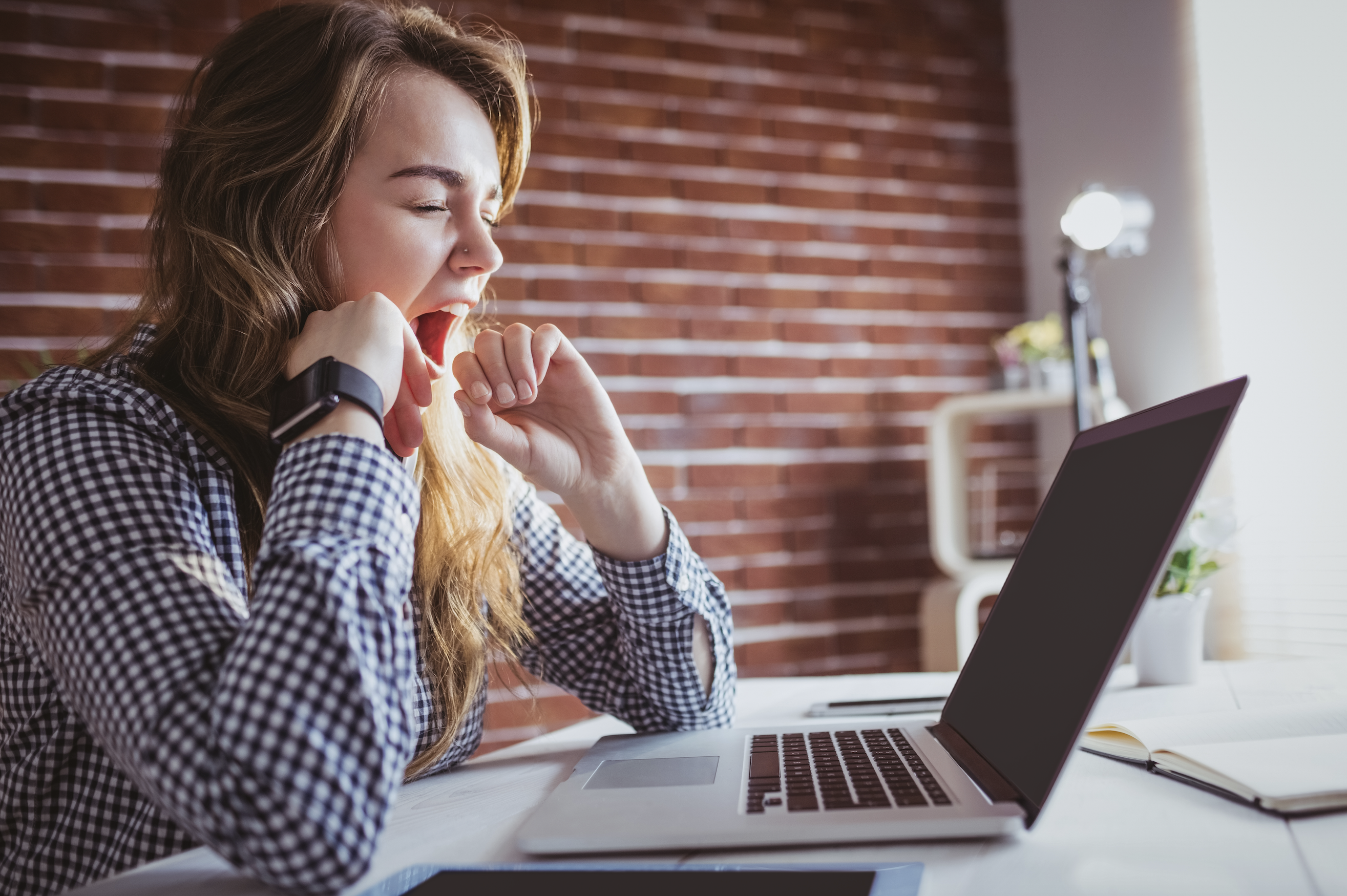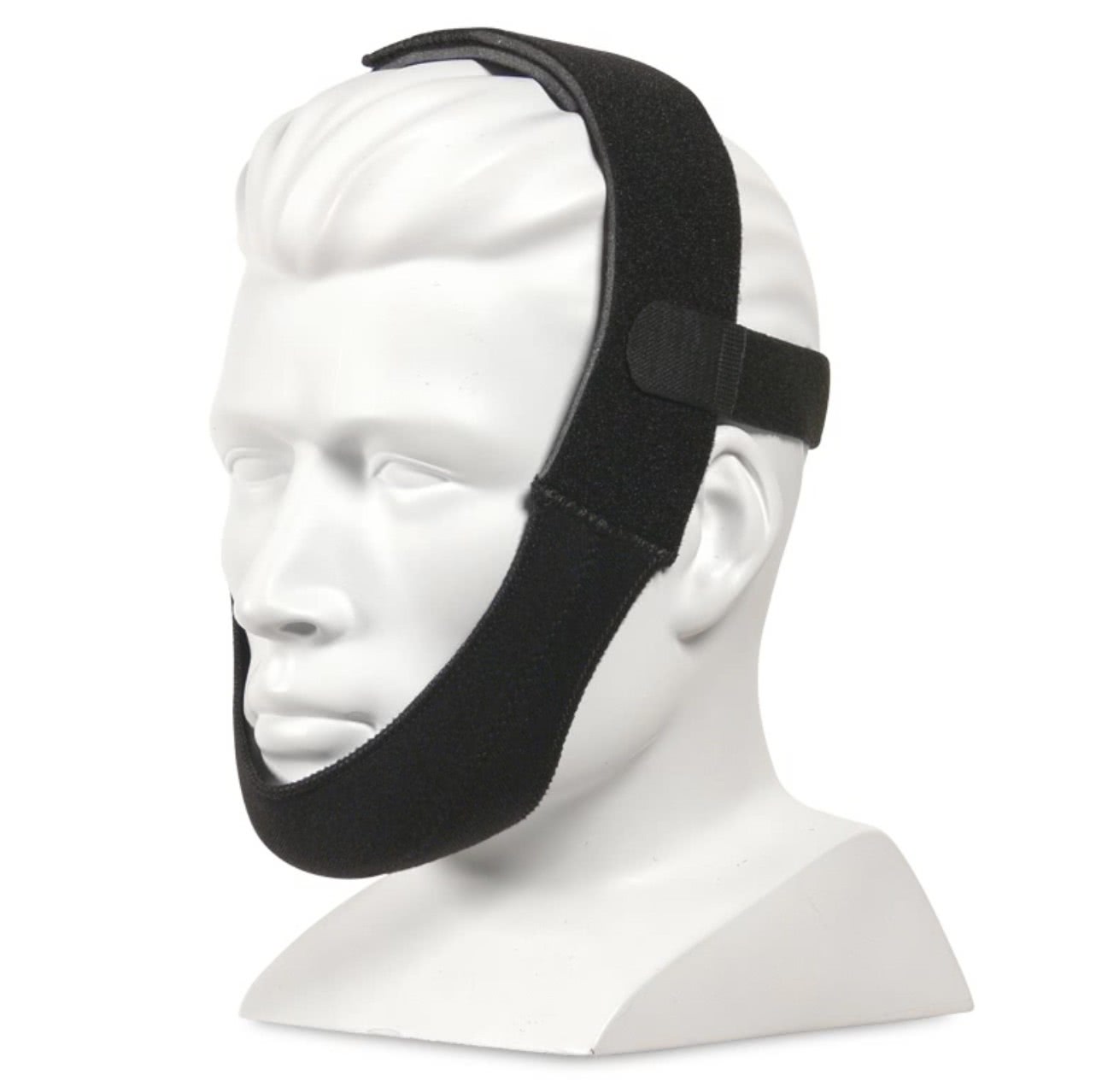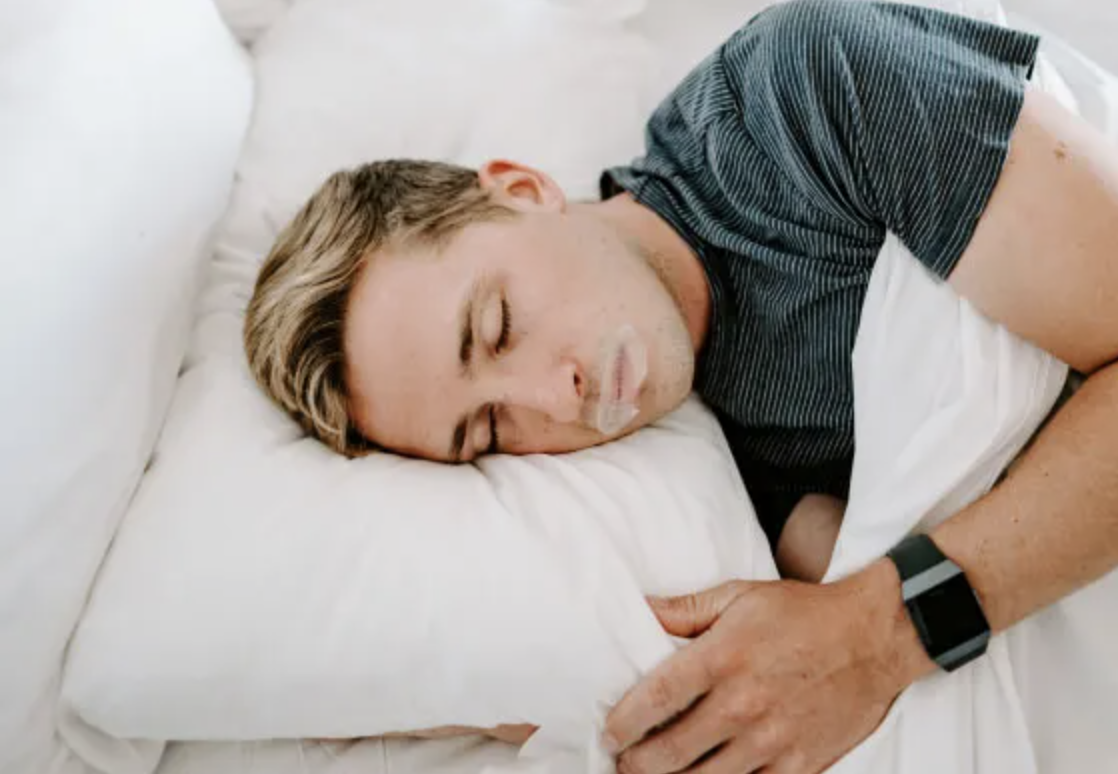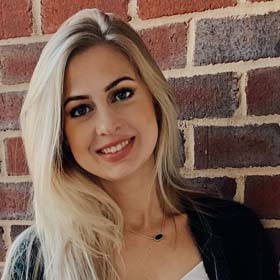
Do you think you fall into the category of CPAP mouth breathers? Then, you may not be experiencing the most from your CPAP therapy since you’re not getting the airflow that keeps your airways open all night long.
Let’s look at some of the health implications of CPAP mouth breathing and what you can do to stop pressure loss from mouth breathing in its tracks, allowing you to enjoy the full benefits of your sleep apnea therapy once again.
The Health Risks of CPAP Mouth Breathing
Being a CPAP mouth breather and experiencing pressure loss can cause a range of health concerns within your mouth. Halitosis or bad breath, periodontal disease or gum disease, throat and ear infections, inflamed gums, cavities, and tooth decay are caused by CPAP dry mouth, which reduces your saliva’s ability to remove bacteria from your mouth.
Biologically, breathing from your nose serves as your body’s natural way to filter out germs and bacteria. However, when you breathe from your mouth, there is no barrier to keep the bad bacteria out.
Mouth breathing can also lead to morning headaches, brain fog, fatigue, colds, high blood pressure, digestive issues, and heart disease. Breathing from your mouth depletes your carbon dioxide levels, decreases your blood circulation, and slows your brain and reflexes.
Breathing from your mouth while using your CPAP device can worsen these symptoms since you are not receiving your full threapy benefits.
Causes of CPAP Mouth Breathing
Mouth breathing at night can be a result of allergies, asthma, or chronic colds. CPAP mouth breathing can be caused by blockages in your nasal passage, including a deviated nasal septum, sinus polyps, or birth abnormalities.
You may be experiencing CPAP mouth breathing if you have enlarged tonsils and adenoids or could be because of your jaw or nose size and shape.
How to Know if You Are CPAP Mouth Breathing at Night
If you are questioning whether you are breathing from your mouth at night, there are a few clear signs. If you wake up hoarse from snoring, with a dry mouth or bad breath, dark circles under your eyes, or are experiencing chronic fatigue, then you may be breathing from your mouth while using your CPAP equipment throughout the night.
The Leading CPAP Options for Mouth Breathers
If you are a CPAP mouth breather and want to get the most out of your sleep apnea therapy, try out these solutions based on the one that works the best for your lifestyle.
Keep Your Sinuses Clear
First, test to see if your sinuses are congested by taking a breath in through your nose. If you feel any resistance while inhaling or exhaling, then talk to your doctor about blockages in your nasal passages.
To stop CPAP mouth breathing in its tracks, try keeping your nasal sinuses clear. Try to combat your congestion by talking to your doctor about using nasal sprays, a neti pot, essential oils, nasal rinses, or about incorporating a bacteria filter.
Your ENT doctor may suggest surgery if a structural anomaly exists that is making nose breathing more difficult.
The bottom line? If your nose is blocked, you’ll be more likely to breathe through your mouth, so talk with your doctor to see if an over-the-counter solution or surgery would be the best option for you.
The Best CPAP Mask for Mouth Breathers

Related Article: Best CPAP Masks For Mouth Breathers
Can CPAP Mouth Breathers Use a Nasal or Nasal Pillow CPAP Mask?


By putting mouth breathing to bed and prompting nasal breathing, you will decrease your dry mouth, bad breath, cavities, and colds. Try incorporating a full face CPAP mask, chinstraps, or a chinstrap alternative into your nighttime routine to achieve the restful sleep you deserve.





4 Responses
Have a new cpap seems to leak hours after it ramps up I turn it off a numbers of time during the night so it can restart at the Lower ramp
Hey Rob, there could be multiple reasons that you feel that there is a leak during your therapy. If you are using an auto-titrating machine it could be that your machine is sensing that you need a higher pressure and it is adjusting to provide a better therapy to you. If you are using a single pressure CPAP machine it could be that you are experiencing a leak from your mask. Since there are several variables which could be causing your issue it would be helpful if we could speak with you directly and make an attempt to narrow down the problem.
If you would like to contact me directly at: 1-800-356-5221 ask for Carol M, and I will be more than happy to see if we can work together and find a solution to your leaks.
still not sure how to turn down moisture level in N. Pillow…rainout?
Hi Judee, to reduce the amount of moisture that you are receiving, you should be able to go to the comfort settings on your machine and decrease your humidity level. Since, I am not certain which machine you have I am not able to provide you with the instructions.
Please call 1-800-356-5221 and we can walk you through the setting change over the phone. Also, to decrease the Rainout, you may try insulating your hose. Please see the links below for a couple of insulation options.
https://www.cpap.com/productpage/snuggle-hose-tube-cover
https://www.cpap.com/productpage/respironics-tubing-insulated-hose-cover-6-foot-hose
We wish you the best!